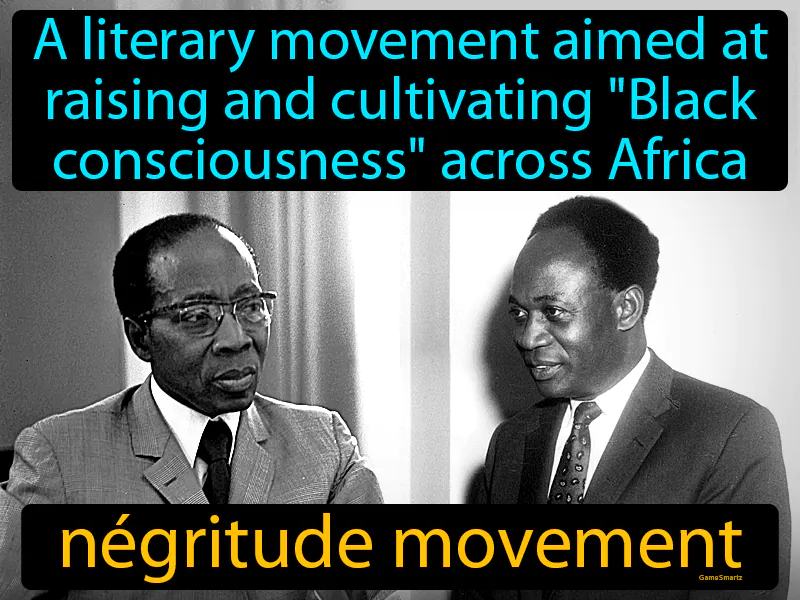Negritude Movement

The Negritude movement emerged during the early 20th century, particularly between 1910-1939, as a response to European colonial rule and racism. It aimed to foster pride in African culture, heritage, and identity, challenging negative stereotypes and promoting unity among people of African descent. This movement was significant because it fueled nationalism and inspired anti-colonial sentiments, empowering African nations to seek independence and self-determination. Today, the Negritude movement continues to resonate as it encourages the celebration of diverse cultural identities and combats discrimination. For example, when students learn about diverse cultures and histories in school, they develop a broader understanding and respect for different backgrounds, fostering a more inclusive society.
Practice Version

Negritude Movement: A literary movement aimed at raising and cultivating "Black consciousness" across Africa. Negritude movement. The Negritude movement was a cultural and literary movement in the 1930s that celebrated Black identity and heritage, primarily among intellectuals in French-speaking African and Caribbean countries.